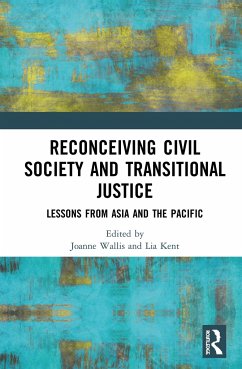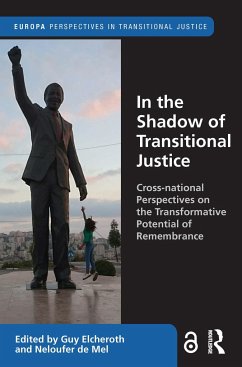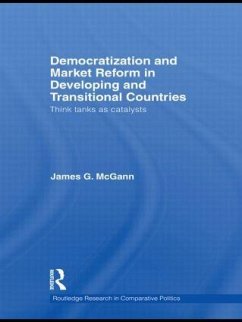
Divided Nations and Transitional Justice
What Germany, Japan and South Korea Can Teach the World
Versandkostenfrei!
Versandfertig in 1-2 Wochen
227,99 €
inkl. MwSt.

PAYBACK Punkte
114 °P sammeln!
"Divided Nations and Transitional Justice" is a collection of significant writings contributed by the late president Kim Dae-jung of the Republic of Korea and former president Richard von Weizsaecker of Germany. This book presents insightful views, lifetime career experiences and expertise of the two prominent leaders in the critical fields of unification, peace, and justice and reconciliation. It centers on the cases of Korea, Germany and Japan, and considers how these countries have moved to address and come to terms with their wartime past. This book moves to deliver messages of hope and vi...
"Divided Nations and Transitional Justice" is a collection of significant writings contributed by the late president Kim Dae-jung of the Republic of Korea and former president Richard von Weizsaecker of Germany. This book presents insightful views, lifetime career experiences and expertise of the two prominent leaders in the critical fields of unification, peace, and justice and reconciliation. It centers on the cases of Korea, Germany and Japan, and considers how these countries have moved to address and come to terms with their wartime past. This book moves to deliver messages of hope and vision on how to further the values of peace, reconciliation and cooperation in the 21st century.












